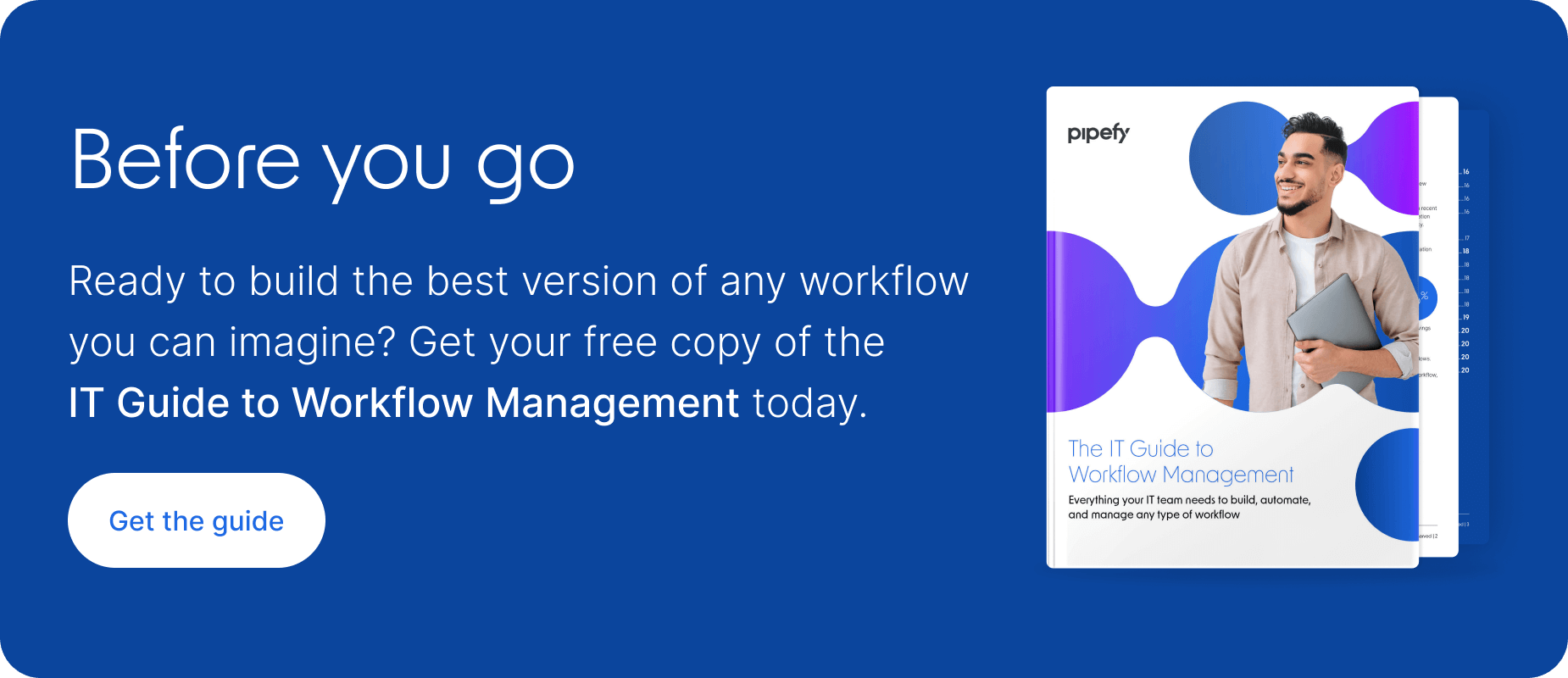ARTICLE SUMMARY
Check out the main tendencies of ERP Software when it comes to fintechs and why you should start applying them as soon as possible.

Today, customers globally want to buy bespoke goods, made on time and delivered to the right place without interruptions. The production of the future will be focused on the personalized market which will respond to the demand changes, and the big question is: How does this affect the future of ERP software?
The last big evolution of enterprise resource planning software was in the early nineties, so companies that still use archaic systems need to upgrade their legacy software products to meet the demands of employees today. To understand the future of ERP software in a fintech niche, let’s define the main trends and changes awaiting ERP software.
Business teams need agile processes; IT needs oversight. No-code automation achieves both. No-Code Automation: Good for Business, Great for IT
Cloud adoption
Cloud ERP solutions have already become popular. Cloud technology allows for fast and remote data access without any specialized IT staff and complex technical configuration. With cloud-based solutions, organizations get the ability to focus on core competencies, save their costs and get strong user support. By adopting cloud-based technology for fintech, businesses ensure a high level of productivity and innovation in their internal processes.
With cloud-based systems giving access from any spot, a company can now be run from home. All the stakeholders of your business will appreciate this comfort. Operating business from mobiles, not just desktops, is another benefit cloud adoption gives to people.
Business intelligence in mind
Business intelligence is able to transform raw data into meaningful information like metrics, analytics and data-driven reports. Manual data gathering is no longer effective, thus, new ways of reporting and data visualization are in great demand for different kinds of businesses.
With a large volume of financial data available and a greater part of it being incorporated through the ERP system, companies try to handle this data and use it appropriately. With regard to that challenge, ERP providers need to develop new intelligent ways to use data effectively.
Customer-centric focus
The majority of modern companies and enterprises are putting their customers first. However, ERPs are still built keeping in mind accounting, supply chain management, and inventory but not the end-users, unfortunately. Custom development of ERP can rectify the situation. With bespoke software, the end-user is given the top priority. Unlike ready-made solutions, custom products are developed according to customer requirements and business needs.
More and more software companies shift from standard software development services to full packages of services, from in-depth business analysis to end-to-end support and maintenance.
For example, PC Mag says that ERP is traditionally focused more on operations than marketing. They consider that sales modules need to become social media-savvy. To stay competitive, ERP applications need to be able to incorporate direct marketing and data-collecting links across multiple social media channels.
Besides, social media disrupts the way some business disciplines operate. For example, HR managers use social media networks to search for new employees. All these trends in how organizations operate need to be reflected in any competitive ERP platform.
Flexibility capabilities
The future is expected to be prospective for those ERP developers who offer multiple modules and different options for business solutions. Though cloud product providers attach great importance to modularity, customers will definitely want consolidation of both bespoke and ready-made SaaS solutions. Thus, there should be some freedom to move from one software to another.
There’s another way to move: your ERP vendor may offer an easy migration path to SaaS. Hybrid ERP platforms aren’t just possible. They’re becoming popular in some segments as long-time ERP customers enjoy the ability to move certain ERP functions to the cloud while maintaining tighter, on-premises control over other facets, especially those most vulnerable to compliance regulation.
Competitive pricing
Innovative technologies, enhanced business processes, and high competition have resulted in more competitive pricing, which is definitely a great benefit for ERP software consumers. Owing mostly to cloud computing, pricing models have become increasingly flexible and much more economical. Instead of paying high hardware costs and having to pay large lump sums for licensing, more and more customers are now shifting to per-user subscriptions.
How ERPs need to change to meet dynamic business demands
Not all ERP vendors are able to offer solutions for different industry verticals. It takes a lot of time, effort, and resources to conduct research and develop a system that will fit the particular industry or market. Thus, whereas big vendors like Oracle and SAP can offer systems for various industries, there’re nice opportunities for smaller companies and startups to focus on a certain industry or domain and develop a solution for it.
Along with other technologies, a good ERP system can be a part of the digital transformation. Enterprise-level solutions can automate the internal processes of the company while Big Data, business intelligence, data science, and predictive analytics can add value to the table. That is the reason why so many software vendors start leveraging innovative technologies in ERP development.
According to Ann Grackin, among the most promising innovations in ERP, there is social collaboration mentioned above, the Internet of Things, geospatial context awareness, complex event processing, and digital manufacturing (including 3D printing and wearables).
To sum it up, today ERP is facing great changes and vendors should adapt to these changes. Thus, finding the right ERP developers is key to project success as well as implementing innovation is key to data-driven decisions and the high efficiency of your business.






